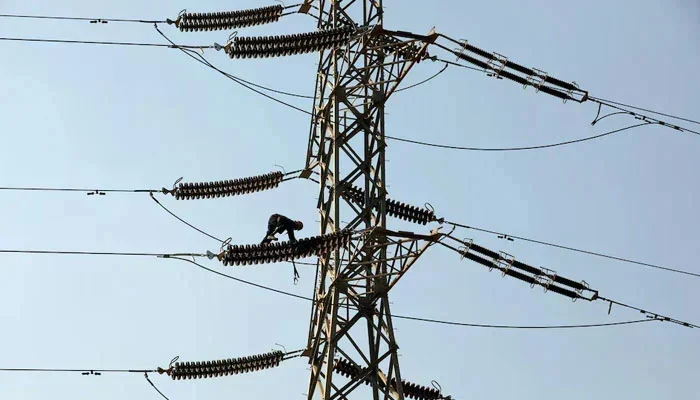Possible Relief for Consumers
Electricity prices in Pakistan, particularly in Karachi, may soon decline under the monthly fuel cost adjustment mechanism. The Central Power Purchasing Agency (CPPA) has submitted a petition to the National Electric Power Regulatory Authority (NEPRA), recommending a reduction of Rs1.69 per unit.
The regulator is scheduled to hold a public hearing on August 28, after which a final decision will be announced. If approved, the adjustment could provide financial relief to millions of households and businesses struggling with rising energy costs.
Power Generation Data for July
According to the CPPA’s application, Pakistan generated a total of 14.123 billion units of electricity in July. Out of this, 13.666 billion units were supplied to distribution companies.
The average generation cost for the month stood at Rs8.18 per unit, with energy sourced from a variety of inputs:
-
Hydropower: 40.13%
-
Domestic coal: 10.64%
-
Imported coal: 8.07%
-
Natural gas: 7.74%
-
Imported LNG: 17.26%
-
Nuclear: 9.95%
This energy mix illustrates Pakistan’s heavy reliance on imported fuels, particularly LNG and coal, which directly affects consumer tariffs whenever global prices fluctuate.
Nationwide Uniform Tariff Policy
Alongside the tariff petition, NEPRA will also review the uniform fuel charges adjustment (FCA) policy recently approved by the federal government. The Economic Coordination Committee (ECC) endorsed the policy on August 19, based on recommendations from the Power Division.
The policy ensures that monthly price adjustments will apply equally across the country, including to K-Electric consumers in Karachi. This measure seeks to remove disparities in electricity tariffs and create a level playing field for all consumers, regardless of their region.
Background: Pakistan’s Energy Challenges
Pakistan has faced persistent energy crises for more than two decades, often characterized by power shortages, load shedding, and fluctuating electricity prices.
High dependence on imported fuels such as LNG makes the country vulnerable to global price shocks. According to the Pakistan Bureau of Statistics, the country’s energy import bill rose to nearly $17 billion in FY2023, straining foreign exchange reserves.
The government frequently uses monthly fuel cost adjustments to reflect actual generation costs in consumer bills. While this mechanism helps recover expenses, it has also been a source of frustration for the public, as rising global prices translate into higher electricity bills.
Expected Consumer Impact
If NEPRA approves the proposed reduction, electricity bills for August would be lower by Rs1.69 per unit compared to July. For an average household consuming 300 units per month, this could mean a relief of more than Rs500. In addition, the government has already announced major relief measures, including a 60% tariff slash for households using up to 200 units, aimed at protecting low-income consumers.
Analysts, however, caution that such relief is often temporary and depends on fuel market trends. A significant drop in hydropower generation during the winter months could increase reliance on imported fuels again, potentially reversing any short-term gains.
What Happens Next?
NEPRA’s decision will come after the August 28 hearing, where consumer representatives, industry stakeholders, and government officials are expected to participate.
If the proposal is accepted, the reduction will be reflected in upcoming billing cycles. The adjustment would also be implemented uniformly nationwide, signaling the government’s attempt to ensure fairness in energy pricing.
Outlook
For now, consumers across Pakistan remain hopeful. A nationwide reduction in electricity prices, even if modest, would provide much-needed relief amid record inflation, rupee depreciation, and rising living costs.
Still, experts stress the importance of long-term reforms. Without a diversified energy mix, greater investment in renewable resources, and reduced dependence on imports, Pakistan’s electricity prices will remain vulnerable to volatility in international markets.















